The ECHO Workshop, hosted by SEAL CYPRUS, took place on 27.04.2023 in Larnaca. In total, 20 people from 8 organisations took part, with different backgrounds and interests. The workshop started with a presentation of the project, the partners, the objectives, and the project results. In turn, the participants were asked to evaluate their existing level of knowledge about the topic of Individual Behavioural Change through a Pre-Assessment survey that they did using their mobile phones. The results were very interesting. A total of 10 questions were asked to the participants, and the answer range was from low to high self-assessment on a scale of 1 to 5.
The first question was, “I am aware of the impact of social and cultural norms on behaviour”. The answers were on the scale from 3 to 5 with the majority having answered on the scale of 4. After that, it was followed with the question, “I am able to recognise potential barriers that prevent people from changing their behaviour.” To this, the majority of the participants also answered on a scale of 4 by showing they have quite high knowledge of this topic. On the question of “I understand how new concepts, ideas, or technologies work in connection with consumption behaviour”, the vast majority answered on a scale of 3, showing they do not have high or low knowledge about this but somewhere in the middle. Following up with “I understand that many choices in consumption are often habitual behaviours”, there was a high answering rate on a scale of 5. On the question, “I can talk about how important motivation is for learning and changing behaviour”, there was a high rate of answers on a scale of 5. On the questions “I understand what behavioural change is about”, “I am aware of the behavioural change theory”, and “I am aware of the significance of my consumption habits for the environment and natural resources”, there was a big diaspora of answers where it was not clear if it was high or low the answers of participants. The question “I understand that I am able to make changes to my consumption habits” had a high answer rate on a scale of 5, and the question “I know the difference between active and passive learning” had a mid-answer rate on a scale of 3.
The majority of participants, it appears from the results, were aware that social and cultural norms, as well as potential obstacles, can influence people’s behaviour in general and, consequently, their consumption behaviour. The participants were largely unaware of the effects new thoughts, ideas, or technology could have on their consumption patterns in particular, as well as how these changes might affect the environment and natural resources. In addition, even though they were aware that they could alter their consumption patterns, the majority of them lacked significant knowledge of the theory of behavioural change and the skills necessary to put this theory into practice. Not to mention, they were interested in learning more about active and passive learning and understood the significance of motivation for learning and changing behaviour.
For those reasons, the workshop included some theoretical aspects of consumer behaviour and how it can change, as well as sustainable consumption and its key areas. Then, the participants were informed about the UN’s 17 Sustainable Development Goals for 2023, especially the ones related to the environment and sustainable consumption. The next topic was electronic waste and its harm. After watching a relevant video, the participants were given some ideas for its reduction and participated in a relevant activity.
E-waste is a huge environmental problem, not good for the circular economy, causes health problems and is land and resource waste. Germany has the highest electronic recycling rate at 39%, whereas Cyprus has 27%. Illegal dumping also has severe consequences for the environment, human health and the economy. Some of the solutions are proper E-Waste management, Law and regulations enforcement, education and awareness and finally, community-level reporting.
- Following the activity, there was an engaging discussion in which the participants shared their personal experiences with e-waste and their suggestions for its reduction, including recycling, reusing, donating used electronics, and refraining from purchasing unnecessary devices, or changing our consumption habits. Several intriguing points were raised, including the following:
• Big electronic companies need to change their official policies about e-waste immediately. For instance, Samsung is adopting packaging that can be converted into tiny furniture pieces and includes pertinent instructions in the manuals for their devices.
• Giving away working but unused electronics is a sustainable way to encourage social inclusion and alter consumer behaviour.
• Raising awareness, which can be done through both formal and informal education, is the main factor in changing consumption and behavioural patterns.
Overall, the workshop came to the conclusion that raising awareness and promoting education are the first steps toward changing one’s behaviour. These efforts should be supported in any way that is practical.
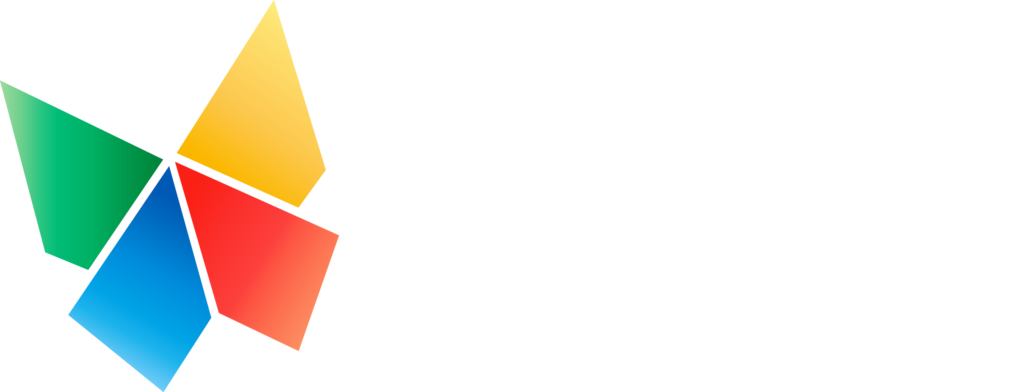
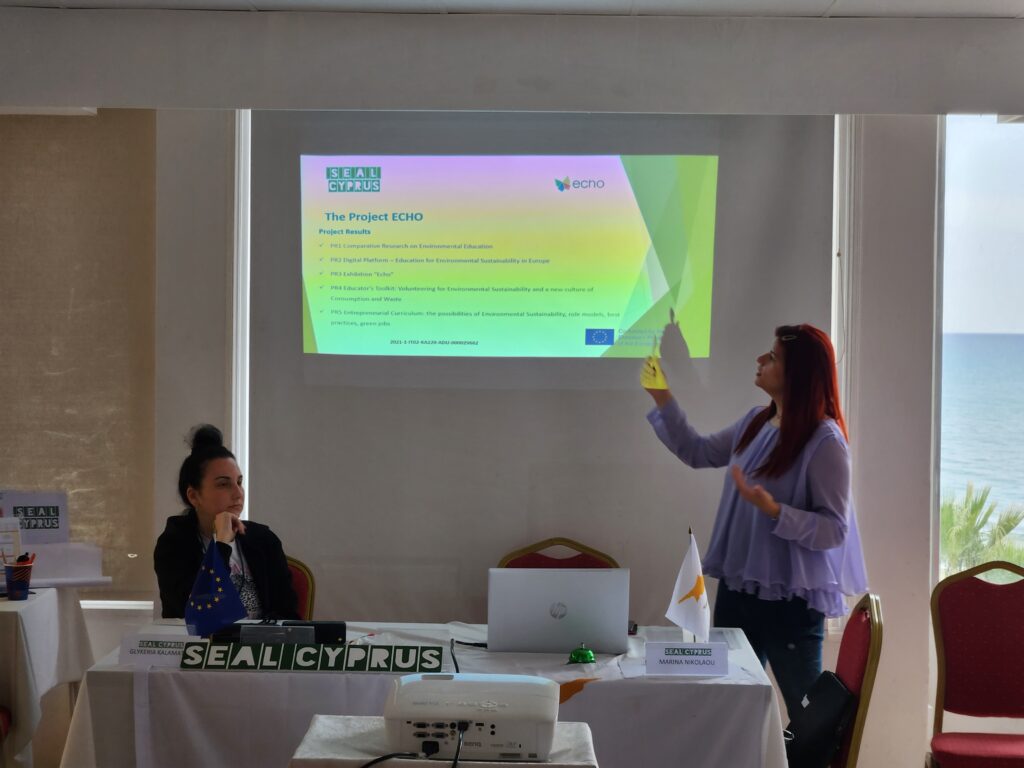
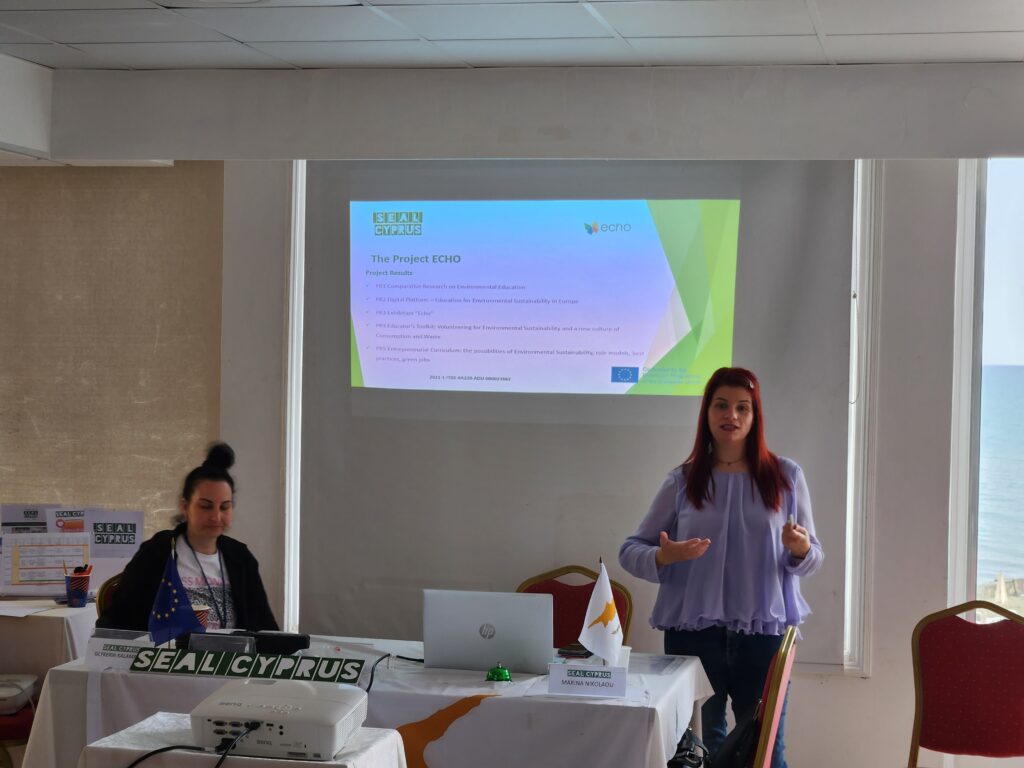
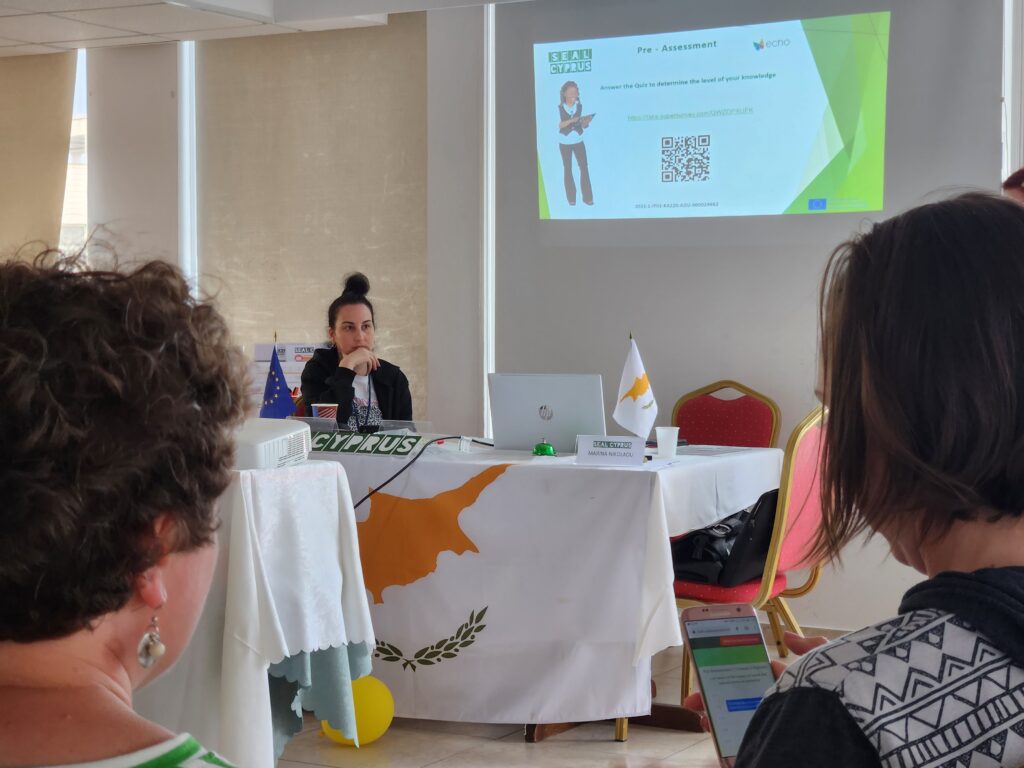
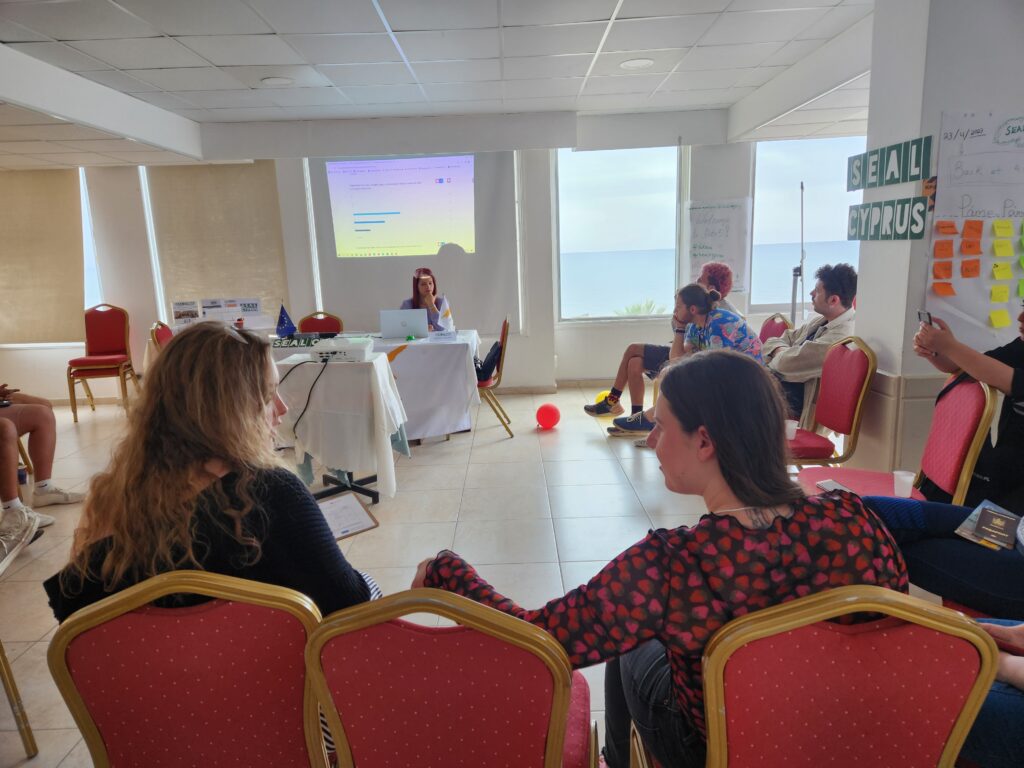
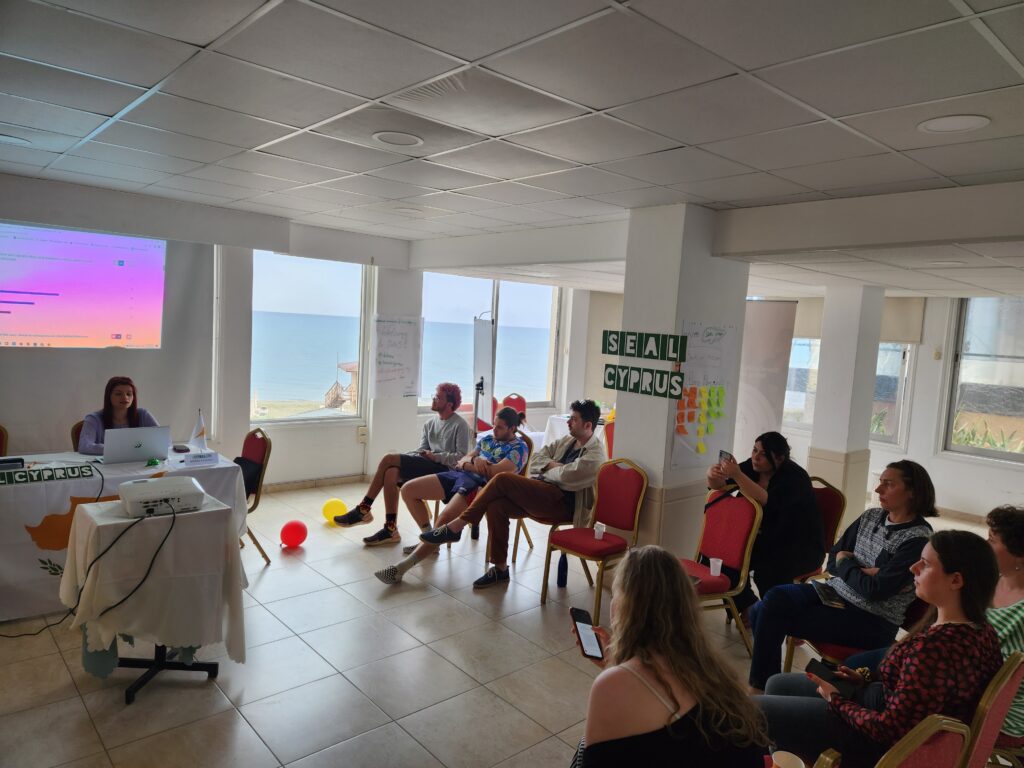
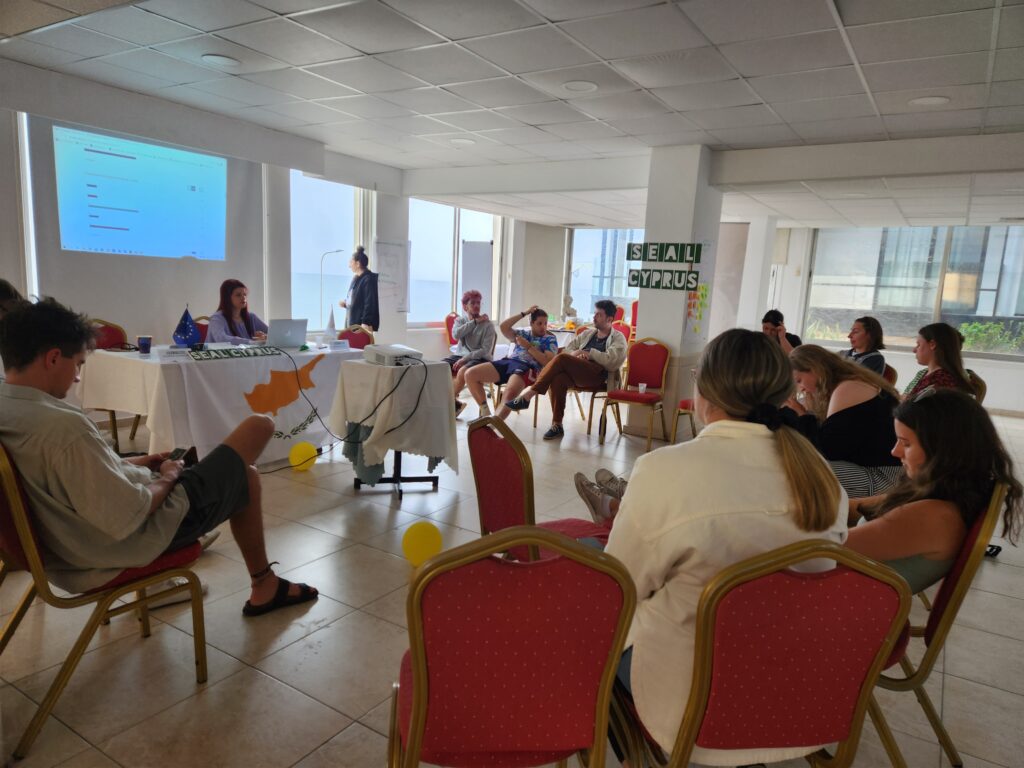
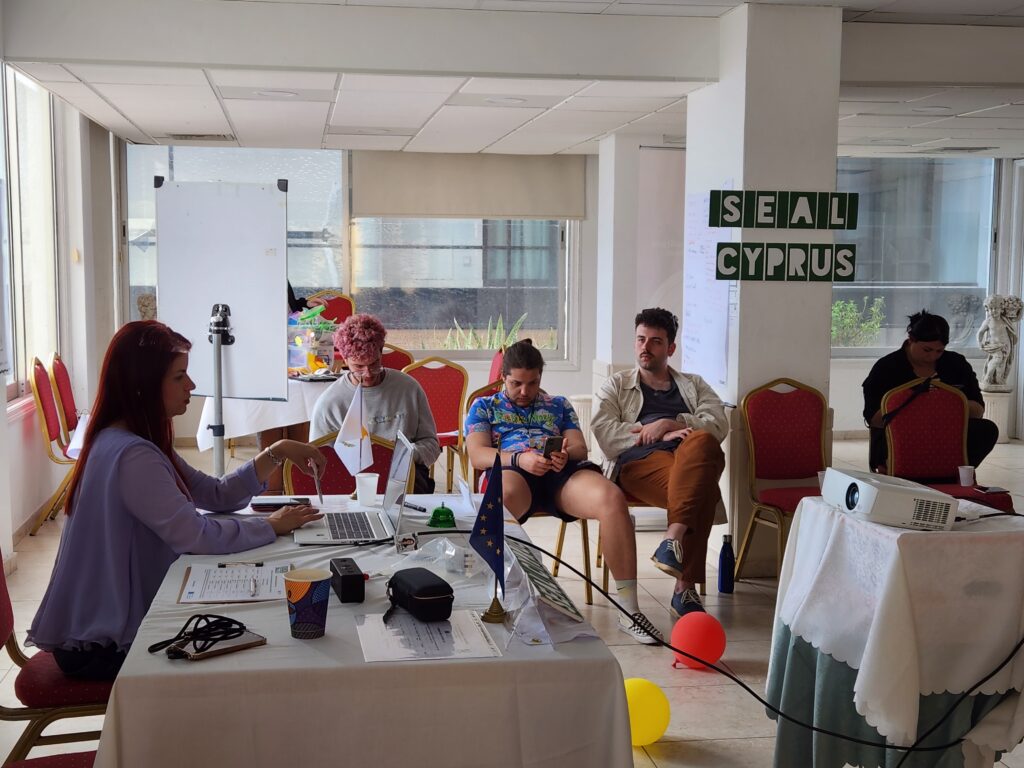
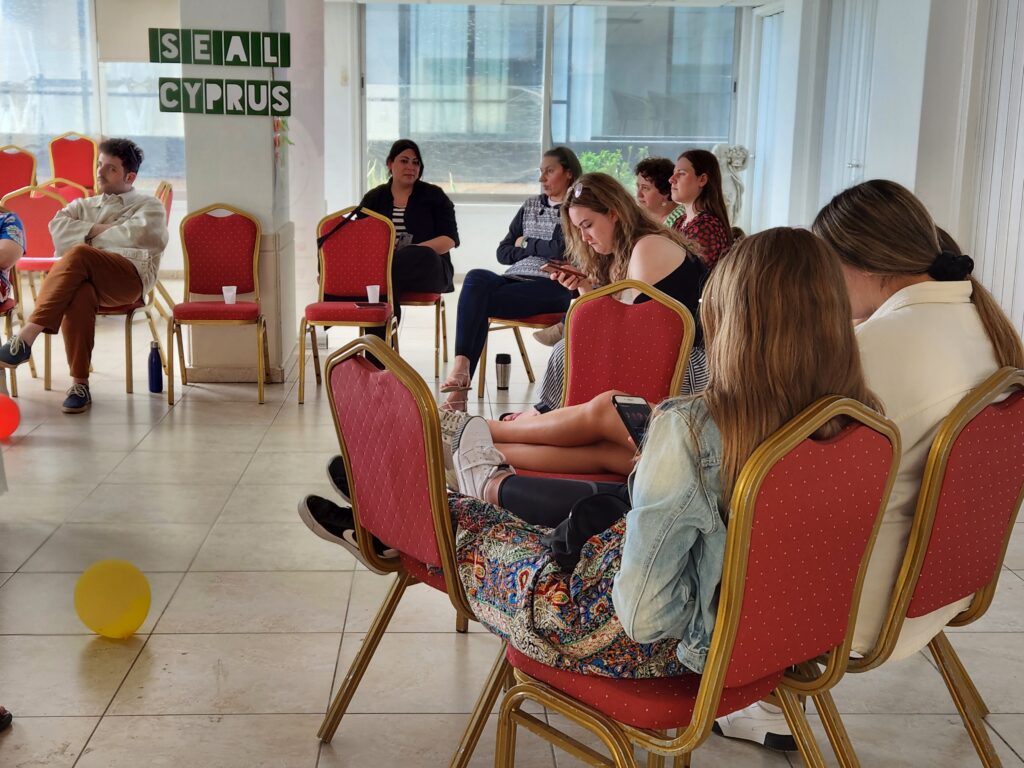
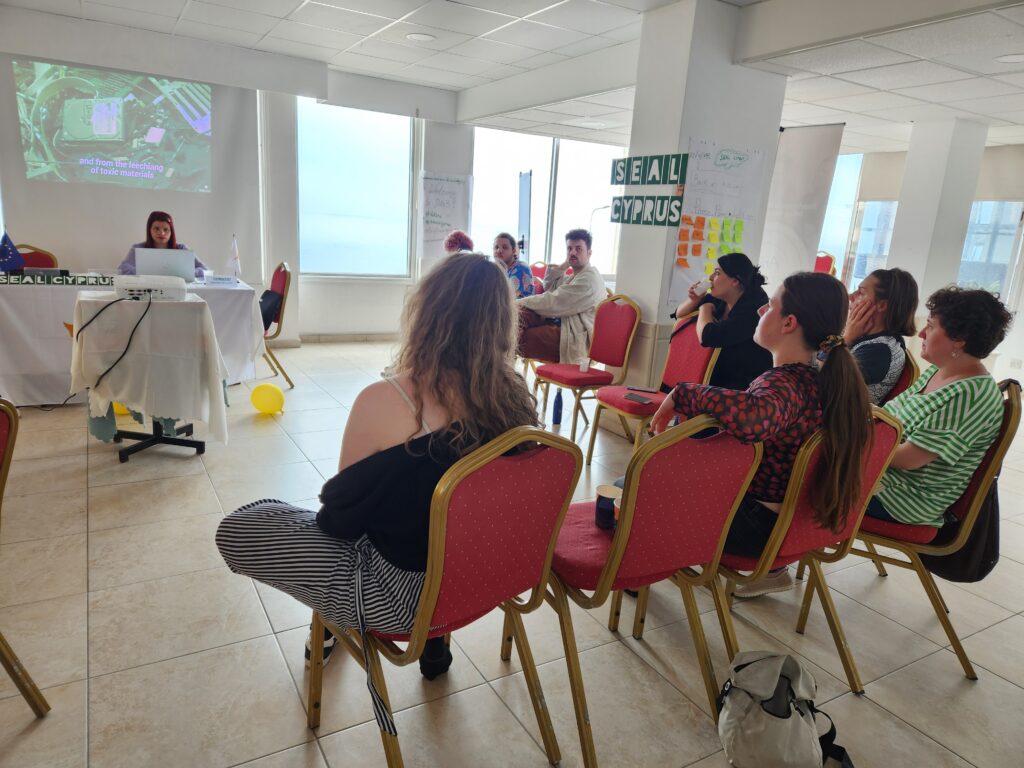
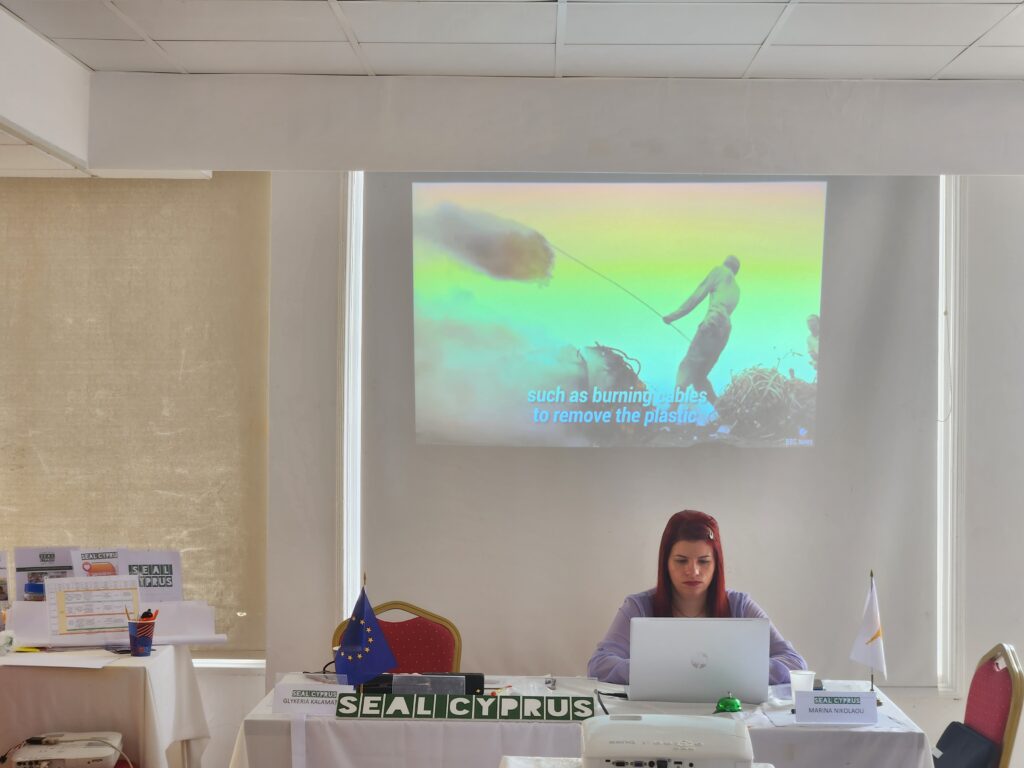

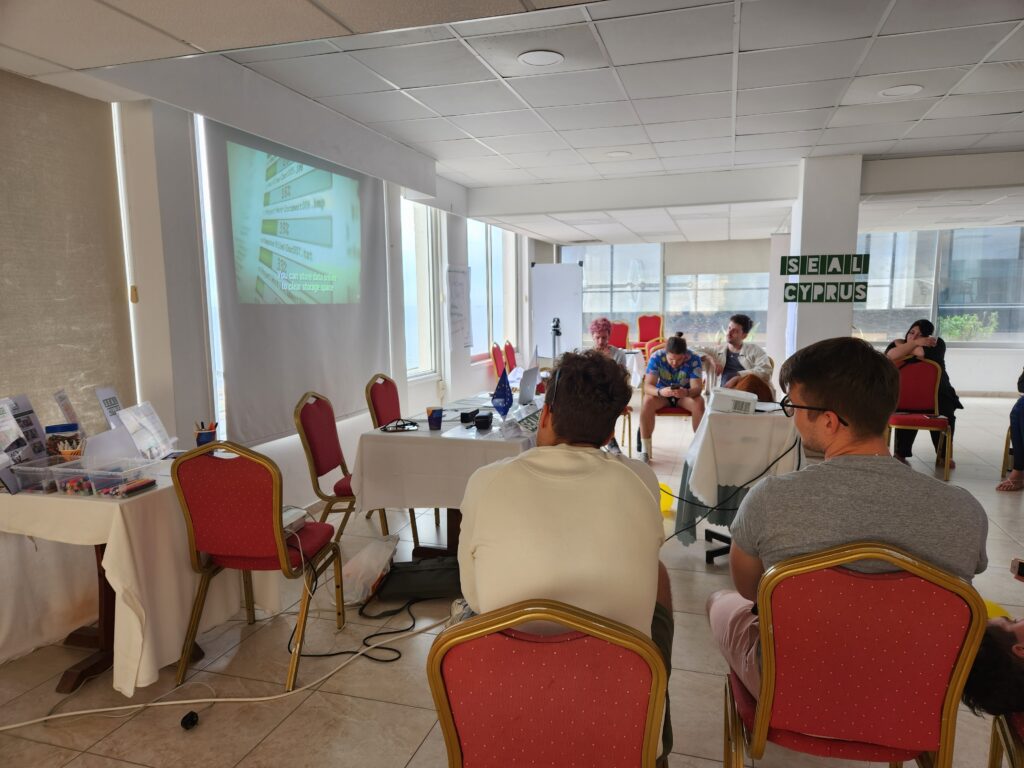
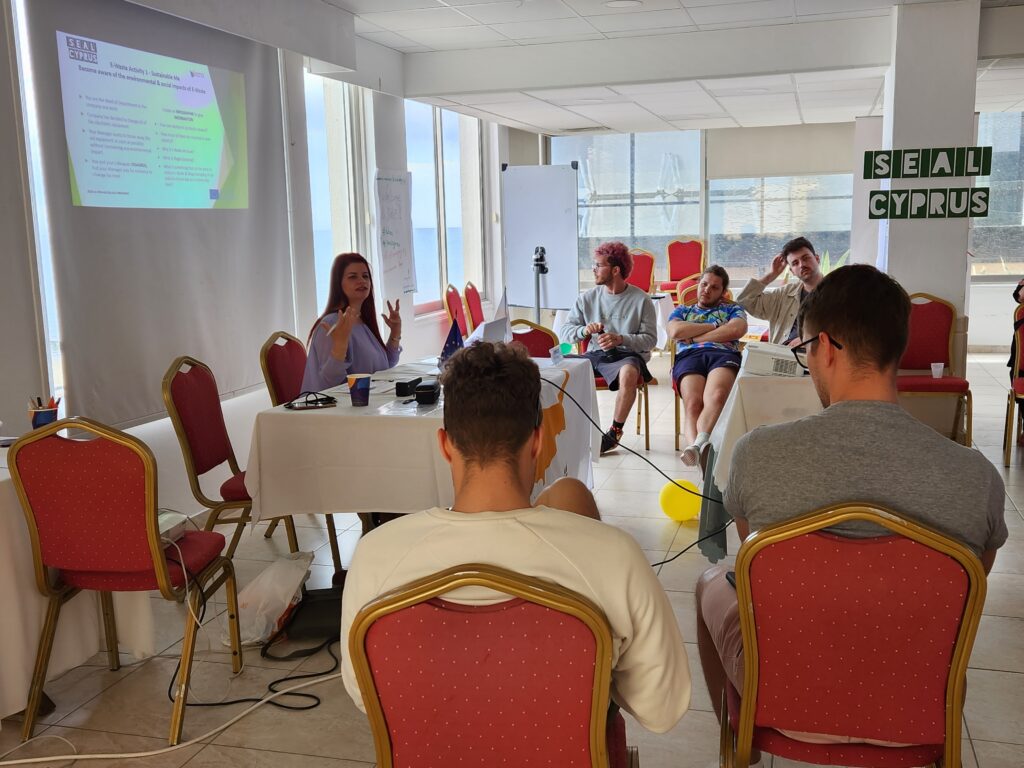

 Italiano
Italiano Български
Български Ελληνικά
Ελληνικά